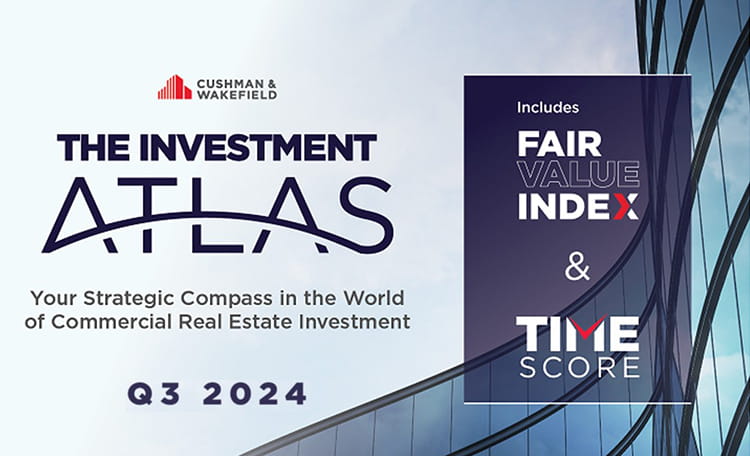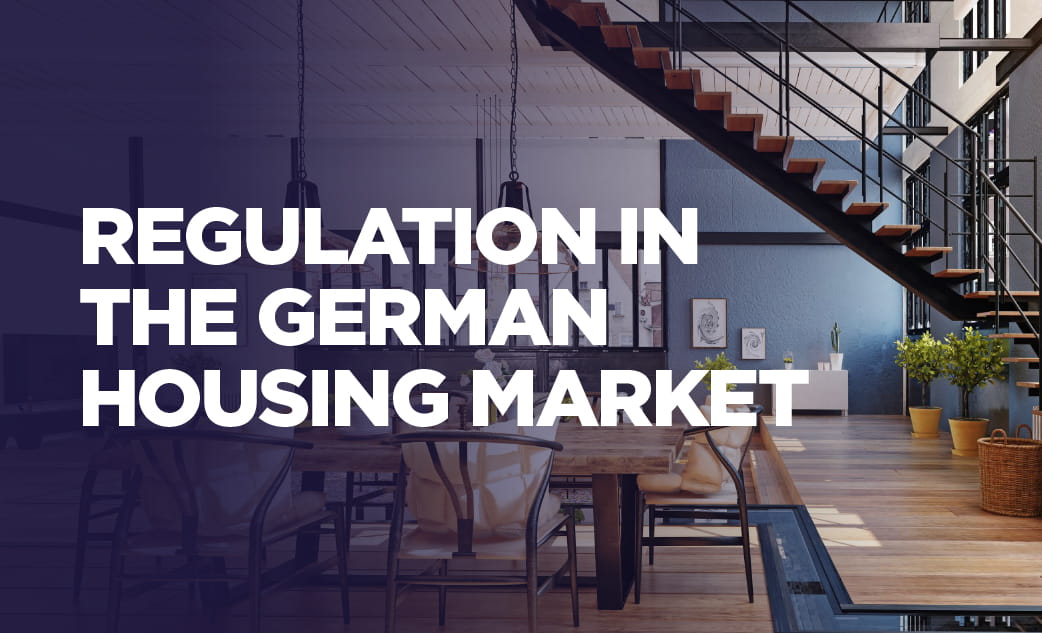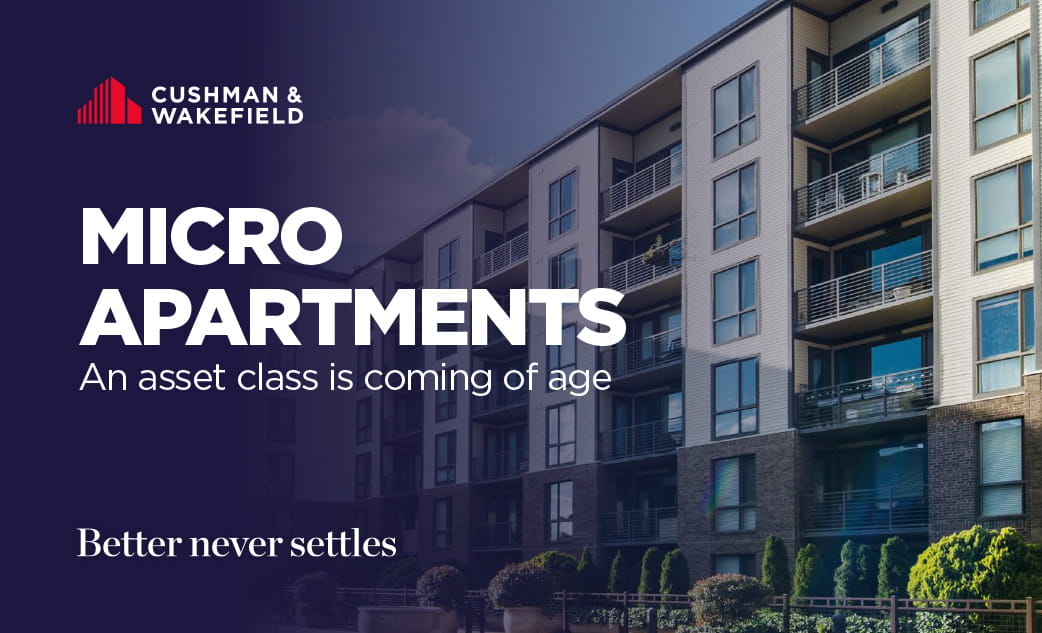Sustainable densification in central locations
Up to two storeys and eight rental units added in fifteen weeks - per existing building. And that for a total of 14 residential properties. A calculation that makes investors and owners sit up and take notice. However, densification is not that easy, especially in central urban areas. Structural engineering considerations play a role - especially with older properties - and of course issues such as noise, dirt emissions and the associated disruption, possibly over a period of years. Because the clean, whisper-quiet construction site has not yet been invented. Or has it?
Of course it has, says Christian A. Czerny. The founder of LiWooD Management AG External Link has rethought the topic of construction and developed a sustainable-social concept for modular timber construction. If you go to the construction site, you can hear birds singing and wouldn’t even have any problem wearing your Sunday-best shoes there. Because there are no excavators or concrete mixers churning the earth here. Only the occasional lorry delivering the next module - with windows, complete bathrooms and fitted connections.
On average, this means five modules per day in sustainable solid timber construction for the densification project in the south of Frankfurt. The total of 301 modules will thus become 82 residential apartments. And in places where otherwise no urban densification would have been possible. For structural reasons alone. For the owners this means 25 percent of additional income. Lucrative. And sustainable. Not only in terms of investment and cash flow, but also in terms of materials and tolerability for the current tenants.




















